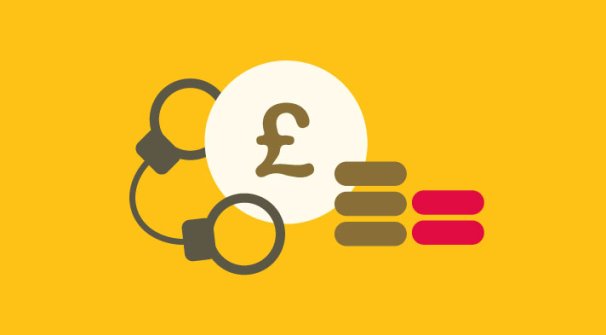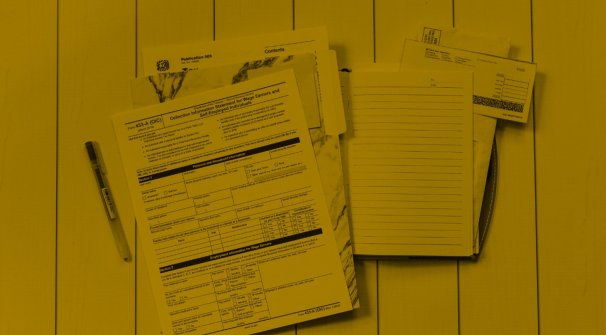“We just have an independent examination because it’s a legal requirement.” That may be one approach to this annual exercise – but is it the best way to gain value from the process? Let’s take a look at what an independent examination isn’t, then what it is, and see how you might get the most from it.
What is it not?
- A box-ticking exercise - Yes, an examination is fundamentally about compliance, but a narrow view of its purpose means that you’ll lose out on the wider learning opportunities it brings to benefit from an expert’s knowledge.
- A superficial review - Some examinations involve a quick look at the accounts and an overall check that they “appear” to agree to the accounting records. Job done? Not exactly – as noted below the Charity Commission has specific Directions which should guide the process.
- A replacement for trustee oversight - Having an annual examination doesn’t remove the need to have a robust financial controls system operating through the year. It’s worth remembering that the trustees are those with legal responsibility for the management of the charity’s administration – which might involve review of budgets, prior authorisation of payments, and spot checks on bank reconciliations. Trustees might be reassured by having an independent person review the accounting records once a year, but they shouldn’t be strangers to those records themselves!
- An audit - Although it might feel like few stones are left unturned, an independent examination is a much less exacting process than an “audit” of annual accounts (those of us who’ve been auditors can vouch for that!). It’s a far cheaper exercise with more limited focus.
What is it?
An examiner is required by the Charity Commission’s Directions to assess four things:
- Whether proper accounting records have been kept by the charity (i.e. which provide a day-to-day record of the transactions which have occurred as well as any amounts owed/owing at the year end);
- Whether the year-end accounts being examined agree with those accounting records;
- Whether those accounts have also been prepared in compliance with the relevant accounting regulations (for charities required to prepare accruals accounts, these accounting regulations are codified within the Statement of Recommended Practice (SORP), which was updated in 2015);
- Whether any other matter needs to be drawn to the reader’s attention in their report, to enable a full understanding of the accounts.
There are further, specific requirements laid down by the Charity Commission, including comparing the accounts with last year’s and/or budgeted figures and following up on differences. Whilst “size matters” in most cases, the Charity Commission regards some issues as worthy of attention even if their monetary value is small – a notable example being whether full accounts disclosures have been made of amounts paid to trustees.
So how can we get the best value from the process?
Crucially, choose the right examiner! They should be someone with:
- The requisite technical skill - Is your examiner up-to-date with changes to the accounting regulations and the Charity Commission’s Directions (especially if you’re paying them!)? Developments within the sector are tending towards an increasing level of expected professionalism – and, of course, if your income is over £250k then they are required to be a member of an approved professional body.
- The relevant experience - Not all charities are the same. Some sectors, such as churches and Christian mission charities, have unique features. You will receive the best service when the examiner knows your particular sector well, and can draw on broad experience from a range of clients.
- An advisory attitude - A good examiner will think around the accounts, and want to “look under the bonnet” – informing you of changes in the sector, risks or gaps they might have spotted in internal controls, and generally wanting to serve the charity.
And, on your part, work with the examiner! This is an opportunity to extract all you can from someone else’s professional knowledge – particularly if they work with other similar charities. Welcome their questions, and ask your own! By inviting them to work in partnership with you, then you should find that this annual process greatly strengthens the finance and governance of your organisation.
Stewardship's Accounts Examination Service
Our service is intended to be different. We are a Christian charity with a mission objective to Strengthen Christian causes. We have designed our service to not only help with end of year accounts, but also to look ‘under the bonnet’ of your finances to bring our wider experience to help you with finance and governance issues you may be facing. We want to see healthy churches and ministries that have best practice both biblically and legally.
Sharpen
Quarterly emails for trustees, treasurers and Church and Charity Leaders. Practical tools, technical resources and expert guidance to safeguard your mission and ministry.










